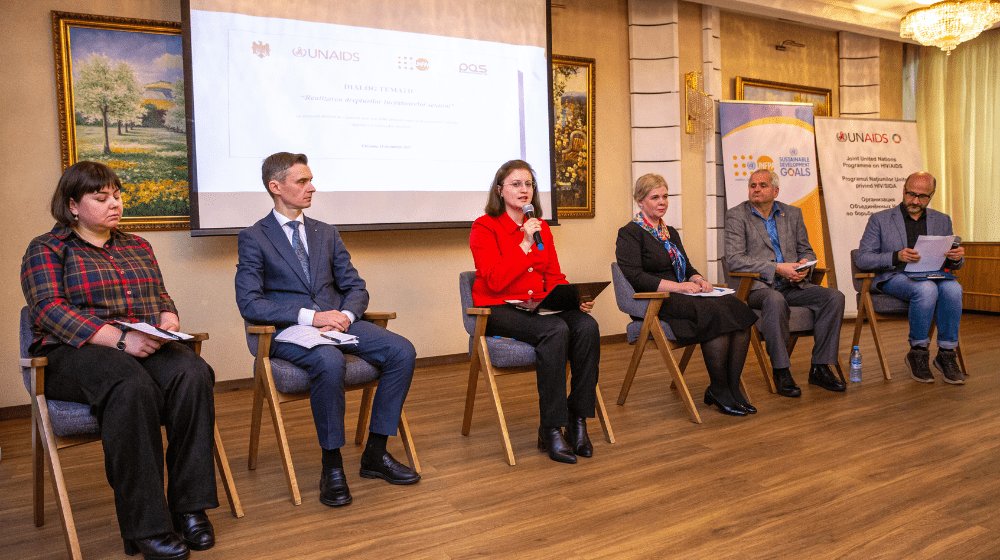Government and civil society representatives discussed the realization of the rights of sex workers in the Republic of Moldova. The event took place on the International Day for the Elimination of Violence against Sex Workers, marked on December 17. The event was organized by the Center for Health Policy and Analysis (PAS Centre), in partnership with the Ministry of Labor and Social Protection, UNAIDS and UNFPA Moldova.
The topic related to the rights of sex workers is not new for the Republic of Moldova. Three years ago, the Committee for the Elimination of Discrimination against Women was concerned about the practices of criminalizing sex workers and the absence of programs to exit prostitution in the Republic of Moldova. The government received several recommendations for strengthening the rights of commercial sex workers, and civil society pledged to contribute to raise awareness on the issues faced by this group.
The Ministry of Labor and Social Protection pledges for discouraging this activity, without considering it a crime
Today in the Republic of Moldova there are several social services for people who practice commercial sex - from professional training, the development of an individualized plan for employment on the labor market, career guidance services, up to the professional internship offered by the National Employment Agency (ANOFM). What is missing today are mechanisms to refer and assist sex workers to these services.
"At the Ministry of Labor and Social Protection, we believe that the provision of sexual services must be discouraged through concrete actions and policies, because many people who end up providing sexual services for money are in difficult situations from an economic point of view and not only. Our interventions must be complex, in which the systems of education, health, social assistance, law enforcement and local public authorities join their efforts, in order to reach a common mechanism of prevention, referral and assistance", said Felicia Bechtoldt , State Secretary of the Ministry of Labor and Social Protection.
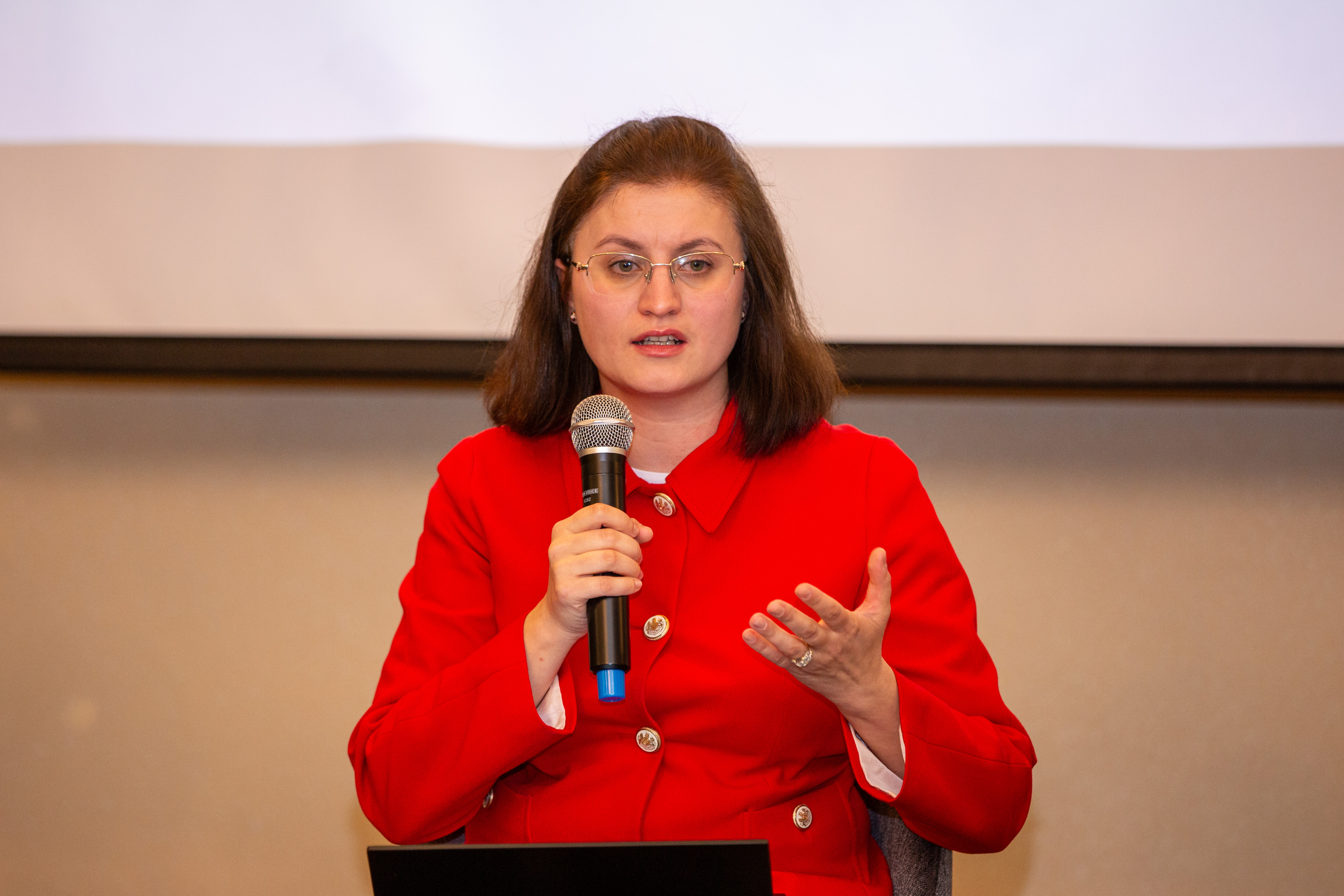
The field of social assistance does not have statistics on how many sex workers benefit from certain services or social benefits. However, they are found in other categories of people who benefit from aid. Today there are several platforms to help people with HIV, from needy families, survivors of domestic violence, victims of human trafficking and others.
Currently, there is high stigma and little tolerance towards commercial sex workers, so they avoid coming to public authorities for help. A complex mechanism is needed that includes inter-systemic work, namely there should be agreements between the social assistance system, health and the police, because this is where the data on commercial sex workers, specialized service providers and non-governmental organizations that provide services for this group of people is held. This agreement will clearly establish the process of informing about existing opportunities, the referral mechanism and the cooperation between these systems.
"The ministry advocates to discourage this activity, without considering it a crime. I don't think there is any country in the world that has solved this problem, but there are countries that have made great strides in discouraging this activity. It is difficult to eliminate this phenomenon, but we can reduce it. The employment system already has solutions, but this requires a platform of communication and cooperation, so that we can help sex workers take a different path in life. Another aspect is the economic empowerment of women, which can direct them to an entrepreneurial activity. From my experience abroad, I can say that in the United States of America, this assistance involves people who have managed to leave the field of sex services. Now they are role models for sex workers and help them according to an individual plan, and this practice has proven to be very good. We need such examples to show that things can change", concluded Felicia Bechtoldt.
The state's response should be appropriate and proportional to these challenges
In the last five years, there has been an increase in the number of proceedings for the provision of sexual services under the Criminal Code. This is explained by the complexity of social phenomena, which have occurred in the last two years, such as the pandemic and the war in Ukraine, which make some people take on dangerous behaviors sanctioned by the law.
When we talk about the decriminalization of sexual services, it is very important to think about what effects it will produce, based on the level of development that our society has now. Many of the women end up performing sex services because of poverty, lack of education and a job. The state's response should be appropriate and proportional to these challenges.
Police officers who work with these categories of people have information that allows them to direct them to certain social services. Many times, however, they refuse help because of stigma, discrimination, or the lack of services that respond to their needs at that time.
"It is very important to distinguish between the law and the conditions that determine certain necessities or circumstances. We cannot always talk about free choice, and as a state, we should work specifically on these aspects - to irradiate certain causes, and at the same time, to work on diminishing the demand for sexual services, so that when we decriminalize sexual services it is not understood that we want to encourage the services", said Inna Chiriliuc, Chief Officer of the Political Directorate in the field of public order, security and combating crime of the Ministry of Internal Affairs.

Good practices are not only about countering, but also about assisting sex workers
People who practice prostitution risk falling into the net of traffickers and pimps. The destination countries of victims of human trafficking for the purpose of commercial sexual exploitation are those where this activity is legalized, such as Italy, Germany or Greece.
The provision of sexual services is legalized in 21 member states of the European Union, i.e. in 77% of all EU states. In 22 countries, including Germany, Greece, Hungary, Latvia, the Netherlands, the activity is regulated. A person working in a so-called sex shop in Greece serves up to 50 customers a day and is paid five euros for each one. And the other states such as Italy, Luxembourg, Malta or Poland leave this activity in the shadows, without a legal assessment, which creates more risks. The state does not punish, which means that it does not prohibit either.
Prostitution is prohibited in six European Union states, which is 22 percent of the member states. Of these, in some states the practice of prostitution is punished, and in others only the client is punished. The last model is also called Nordic, because it is found in France, Sweden, Ireland.
"It is important to prepare civil society for such a change, but even more important is to prepare state institutions for change. They need to be ready from the point of view of labor protection, medical records and insurance, collection and payment of taxes. All the institutions must be able to take over these activities, after which they can decide, at the level of ensuring the rights of the people who practice this activity, what happens with that criminal norm regarding the practice of prostitution. Starting from this description, I believe that the most adapted and correct model is the Nordic model, which fights the demand to reduce the supply", said Sergiu Russu, Chief Prosecutor of the anti-trafficking section of the General Prosecutor's Office.
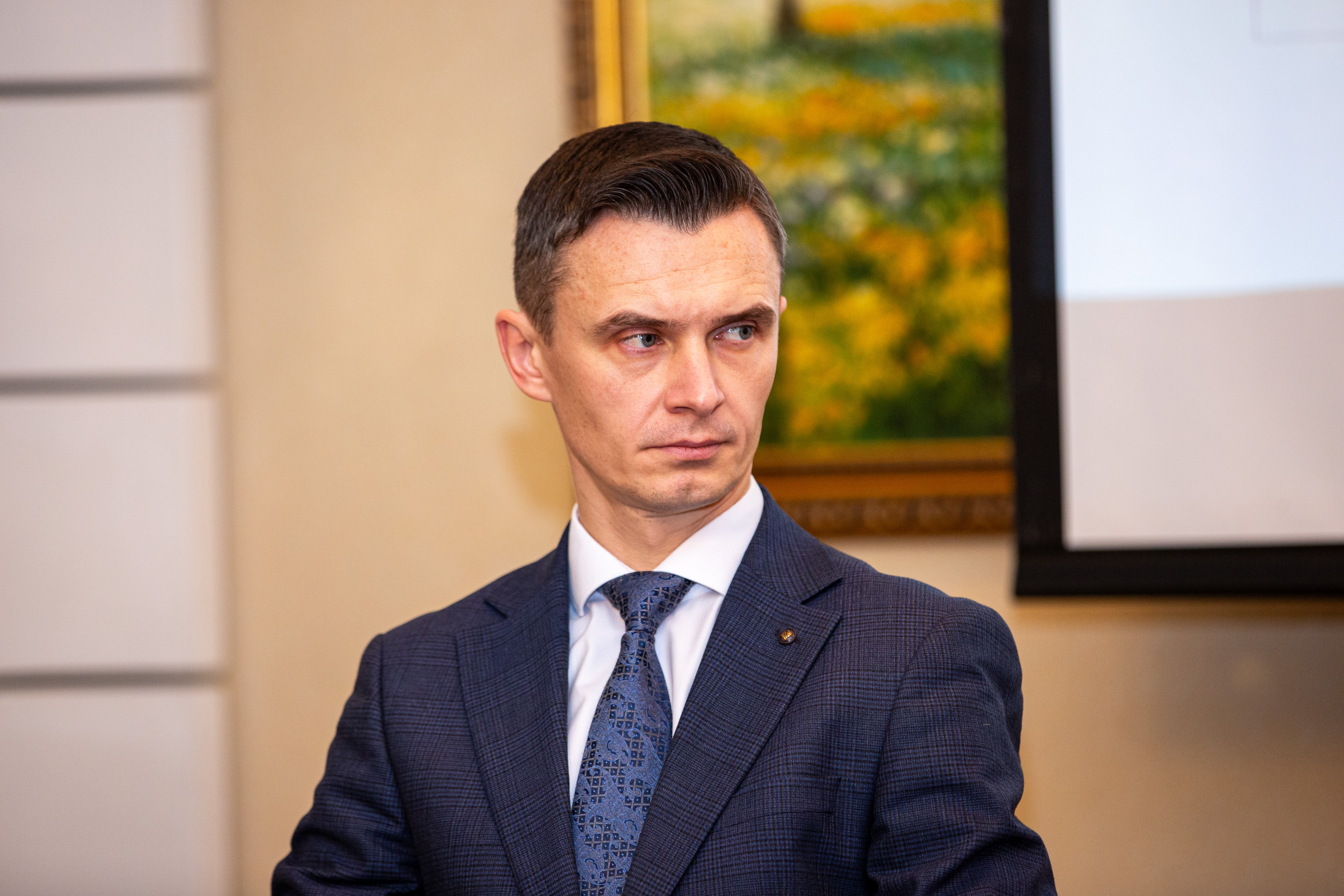
The relationship of some medical personnel with patients depends on the human factor
The HIV program today is focused not only on HIV prevention and countering services, but also on the rights of HIV carriers, rehabilitation, legal support and other services. Today there are different services for sex workers, starting from contraception, testing for various diseases, up to free treatments.
"The problems related to the communication and behavior of some medical personnel with patients are not only related to certain prejudices, but rather to the human factor. I would say that the risk of discrimination during the provision of services is higher among other categories of beneficiaries compared to sex workers. Among the most vulnerable are drug users, because they can be detected during a routine medical check. Among sex workers, this identification is more difficult, if not impossible", said Iurie Climașevschi, National HIV Program Coordinator.
"Creation of social centers will not lead to the disappearance of prostitution, which was, is and will exist, regardless of punishments at the level of society. It is important that any woman who wants to give up sex services has alternatives and services to help her change her status. The peer-to-peer idea is extraordinary and it would be good for former sex workers to take over the social assistance of their colleagues from another time", added Iurie Climașevschi.
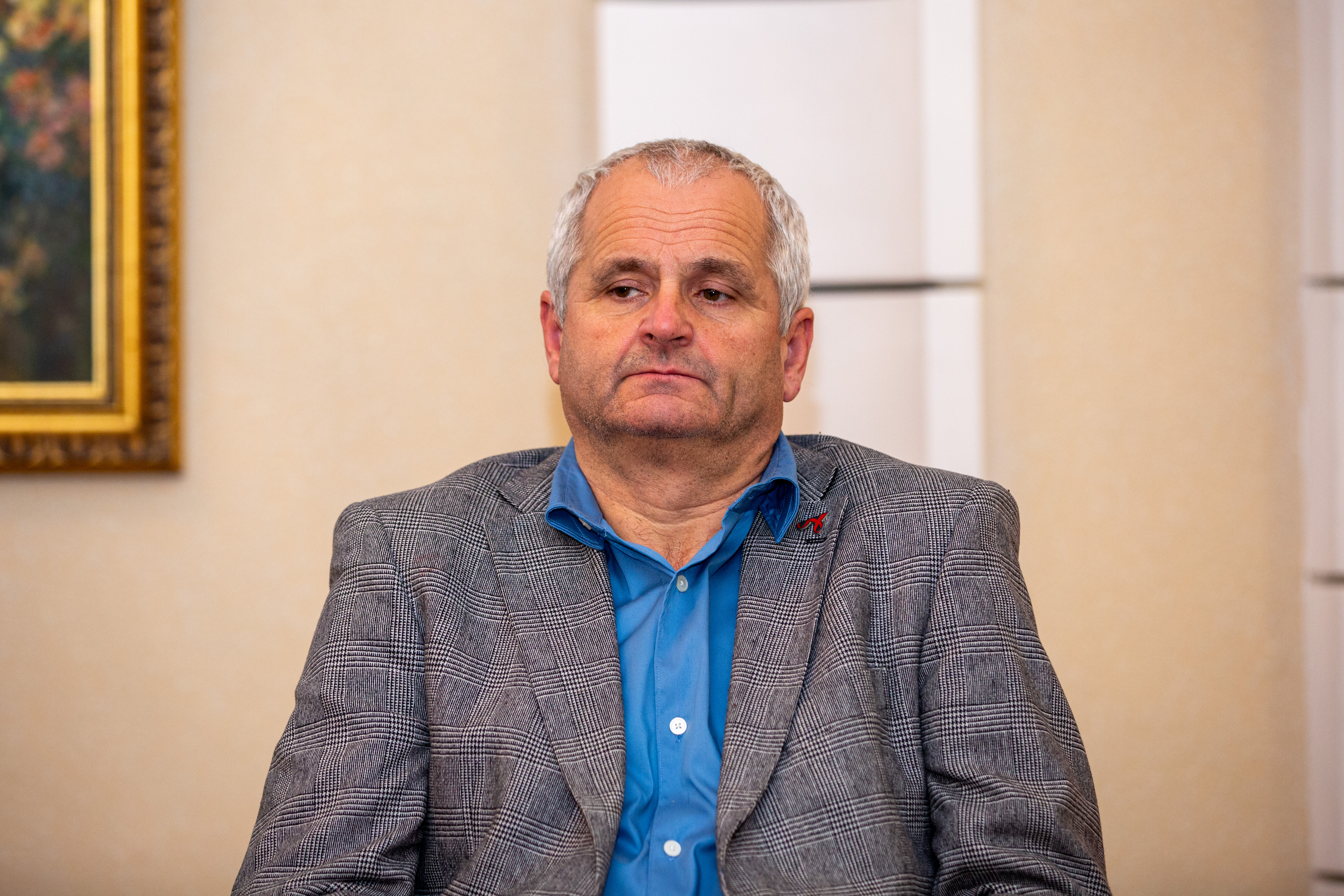
We emphasize the communication of medical workers with women, in order not to admit revictimization
"Today there are more services for sex workers, enhanced with the help of development partners. These are part of projects dedicated to survivors of sexual violence and other categories of people who have suffered from abuse of any kind. We put special emphasis on the communication of medical workers with survivors, in order not to admit their revictimization, so that the services are friendly and focused on the needs of the person, according to the Code of Ethics of medical workers and pharmacists", said Dorina Savoschin, Head of the Mother and Child Health Service within the Ministry of Health.
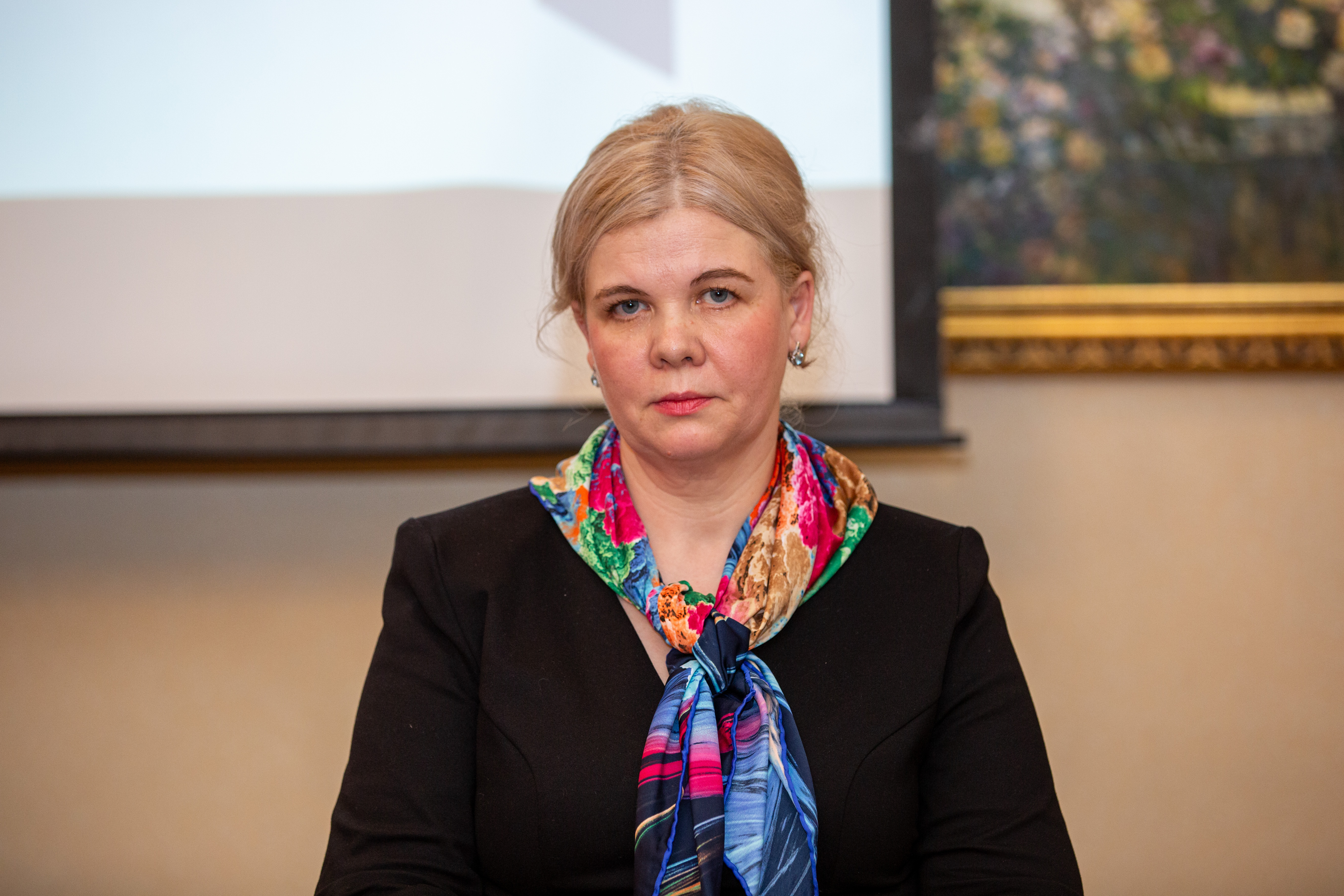
Only 24% of sex workers are on the list of family doctors. Better information is needed for these women, to remove the obstacles in their way to the family doctor, and from there, to other services they need. Today medical services are accessible through several centers and programs.
*This article was originally published on the website https://sanatateinfo.md/ and was developed as part of the "Beyond Appearances" Campaign, conducted by the Center for Health Policy and Analysis (PAS Centre) in partnership with the United Nations Population Fund (UNFPA) in the Republic of Moldova and the Joint United Nations Programme on HIV/AIDS (UNAIDS). The opinions expressed belong to the authors and do not necessarily reflect the positions of UNFPA and UNAIDS.

